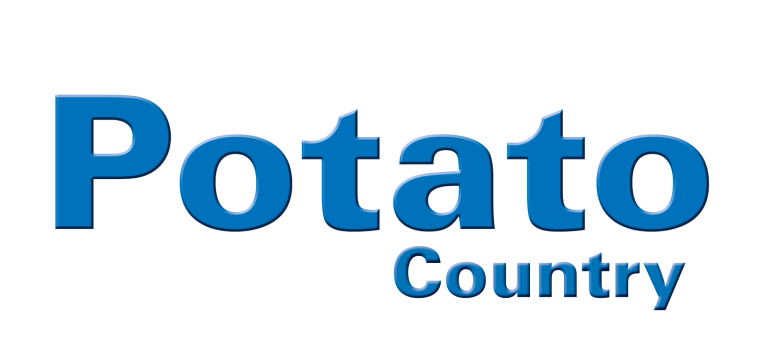By Dale Lathim
Over the years, the Potato Growers of Washington (PGW) has had to evolve to keep up with the ever-changing potato industry. One of the areas that I see needing the most attention in the immediate future is the timing of our negotiations.
Traditionally, contracts have been negotiated in the late winter/early spring of each year. There have been a few years in which we had multiple-year contracts, and the hope was that we would always be negotiating a year out going forward. But those all ended with the timing falling back into the same old rut.
The forward-thinking potato growers in the 1980s went to the Washington State Legislature and were successful in getting passed the Agricultural Fair Practices Act. This act requires all buyers of potatoes for processing to negotiate with an accredited bargaining association if one exists. To be an accredited bargaining association, a group must have either more than 50 percent of an individual processing company’s contract growers of record, or more than 50 percent of the individual processing company’s contract volume in the prior year. Since PGW clearly meets both of those requirements with all three of our frozen potato processing companies, that is not an issue.
What is becoming an issue is that the act requires that these negotiations must take place at “reasonable times and for reasonable periods of time” beginning at least 60 days prior to planting and concluding within 30 days of the normal planting date. The past two years, the contract talks have not concluded until close to 30 days after planting began, not prior to planting.
While concluding more than 30 days prior to planting should be a given under the state law, I would argue that even that is no longer a valid timeframe for growers to make planting decisions. Back in 1988, when this law was being drafted, potato growing was much different than it is today. Back then, there were nearly 500 growers raising about 120,000 acres of potatoes in the Columbia Basin. This year, we will have fewer than 100 growers raising nearly 200,000 acres of potatoes. And the cost to grow potatoes has gone from around $2,000/acre to now pushing over $5,000/acre in some cases.
This consolidation and rising risk make it very difficult for growers to make last-minute cropping changes. By the time growers get into the December-January timeframe that the Agricultural Fair Practices Act outlines as the negotiating period, many of them already have more than $1,000 invested in each acre they plan to grow in the coming year. This makes saying no to even a ridiculous contract offer like we received this year almost impossible to do. Thus, we as a grower group have less and less leverage to reach anything close to a fair and equitable agreement on price.
Further, many growers have long-term contract commitments with some processors. Those commitments require that growers commit to the processing company the exact number of acres that they will grow for the company before the previous harvest is complete. This was not a huge deal before when the processing companies were using a standard model that we all knew and accepted. Now that that method of arriving at price has been completely abandoned and the companies are dictating what they believe to be a reasonable return for the grower without any real say from the grower, we must find a new approach.
Here’s my solution to fix this. All negotiations must be completed within 30 days of growers beginning to outlay cash for the upcoming crop year. Since growers who lease land must start signing leases and making at least partial payments for the rent at the time of signing, I believe that the real negotiating period needs to be between July 15 and Aug. 15 of each year. That way, growers will know the price and volume that their processors want before any financial commitment is made in the new crop, and if they wish to adjust their rotations, they can do so in a timely manner both economically and agronomically. Why should growers make commitments to their processors before the processors are even willing to share with them the price and volume they expect for the coming year?
This will be our big push for the 2022 crop year. Change is hard for everyone and seems to be even harder for many in the potato industry, but this is one that is critical to the survival of most growers, in my opinion. We hope to have all of your support in making this happen.

